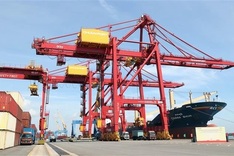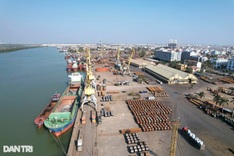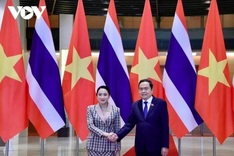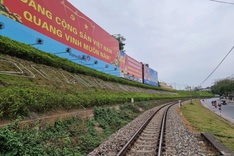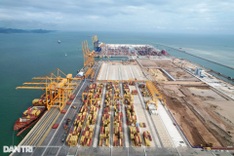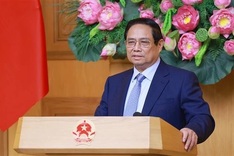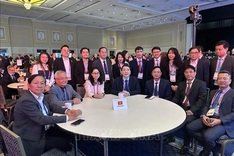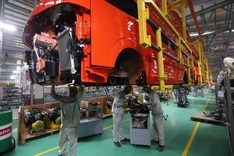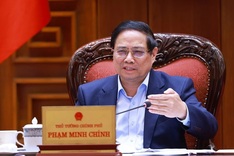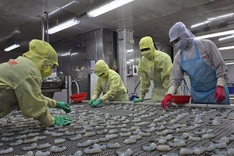Nguyen Minh Phong from the Hanoi Socio-economic Development Institute has called on the government to compensate the public who have been paying high petrol prices due to lax management that led to tax difference.
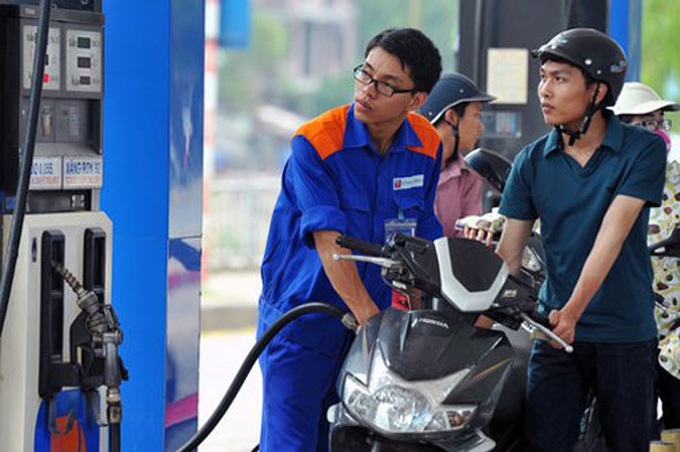
Authorities told to apologise to consumers
Diesel import taxes for products imported from ASEAN countries were cut to 5% in 2015 and to 0% from 2016 in accordance with ASEAN Trade in Goods Agreement. But Circular 78 issued by the Ministry of Finance and the Ministry of Industry and Trade in last May stated that the import tax for diesel and mazut stood at 10%. That means wholesalers imported their products at a lower tax rate but the customers continued to pay higher tax rates.
The Korea-Vietnam Free Trade Agreement, which took effect in December 2015, reduced the import taxes for products from South Korea to 10%, instead of the 20% for products imported from Singapore or Malaysia. Yet retail prices did not reflect that change.
Economist Nguyen Minh Phong said the authorities need to calculate how much the firms have profited from the difference and recover the money. Since the money came from the public it should be used to contribute to the stabilisation fund because it will repay the money to consumers more directly than state budget. The funds will be disbursed when the world price increases to offset losses for businesses, that will not raise their domestic retail prices.
"This was a mistake by the authorities. If this money were to be contributed to the state budget, people would disagree," he said.
He went on to say this should be a big lesson to the Ministry of Industry and Trade and Ministry of Finance to deal with problem more quickly.
He said, "This is the first time we’ve seen such a problem but Vietnam is joining various free trade agreements with different preferential tax treatments."
Phong said the authorities owed consumers an apology, but more importantly, they should develop regulations and assign responsibility more clearly.
The murky tax difference is also why even though the basic import price is VND1,000 per litre higher than the current retail price, the Ministry of Industry and Trade and Ministry of Finance had to seek directives from the prime minister instead of allowing a price hike.
Prime Minister Nguyen Tan Dung has approved calculation of petroleum import tax based on weighted average of the tariffs, taking into account Most Favoured Nation (MFN) status and free trade agreements as the previous calculation was based on only MFN tariff.
According to Phong, the stabilisation fund is not very useful or transparent. "I have been saying that we should scrap this stabilisation fund. If we really do need one, it should be an independent energy security fund," he said.


